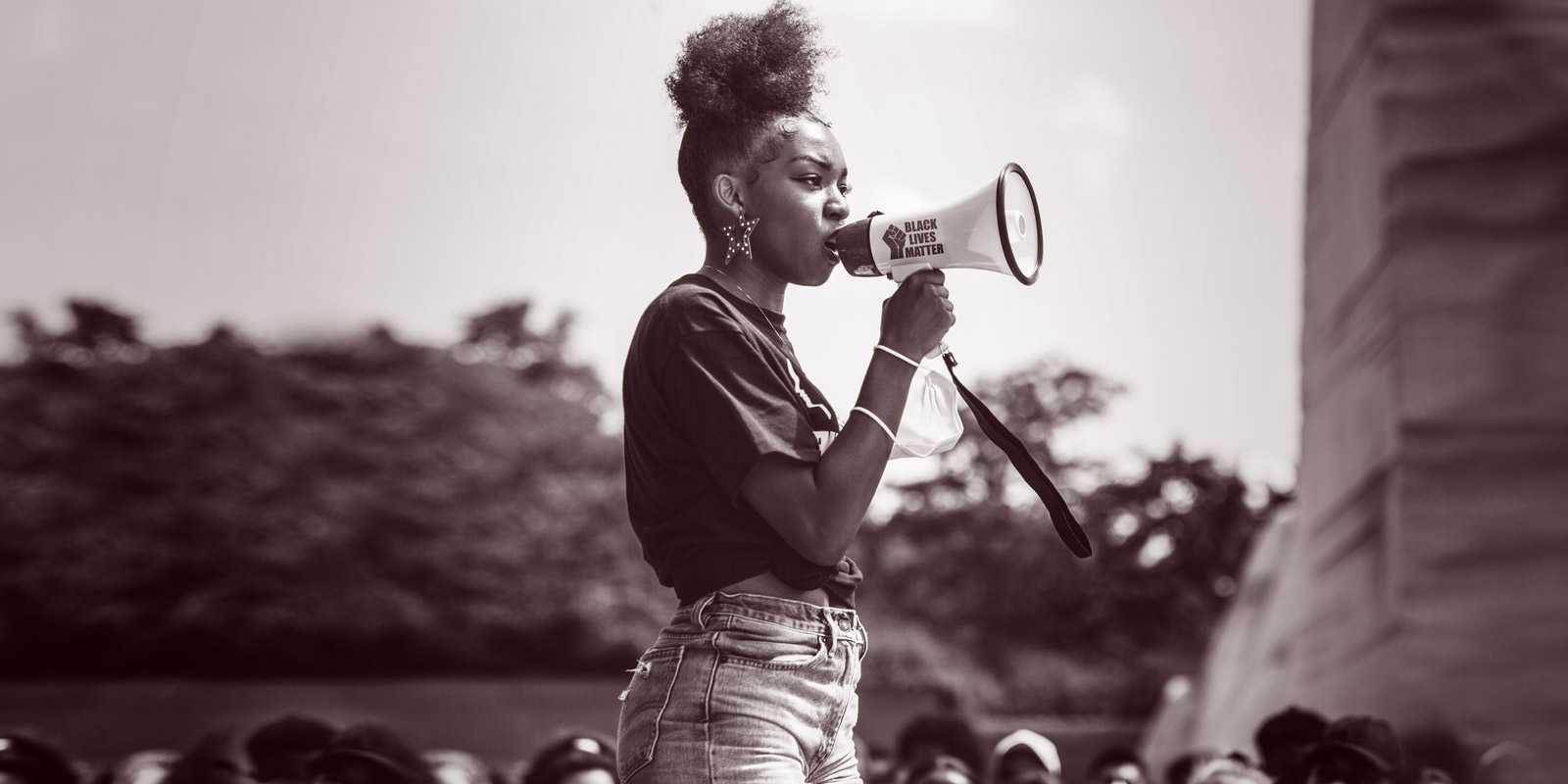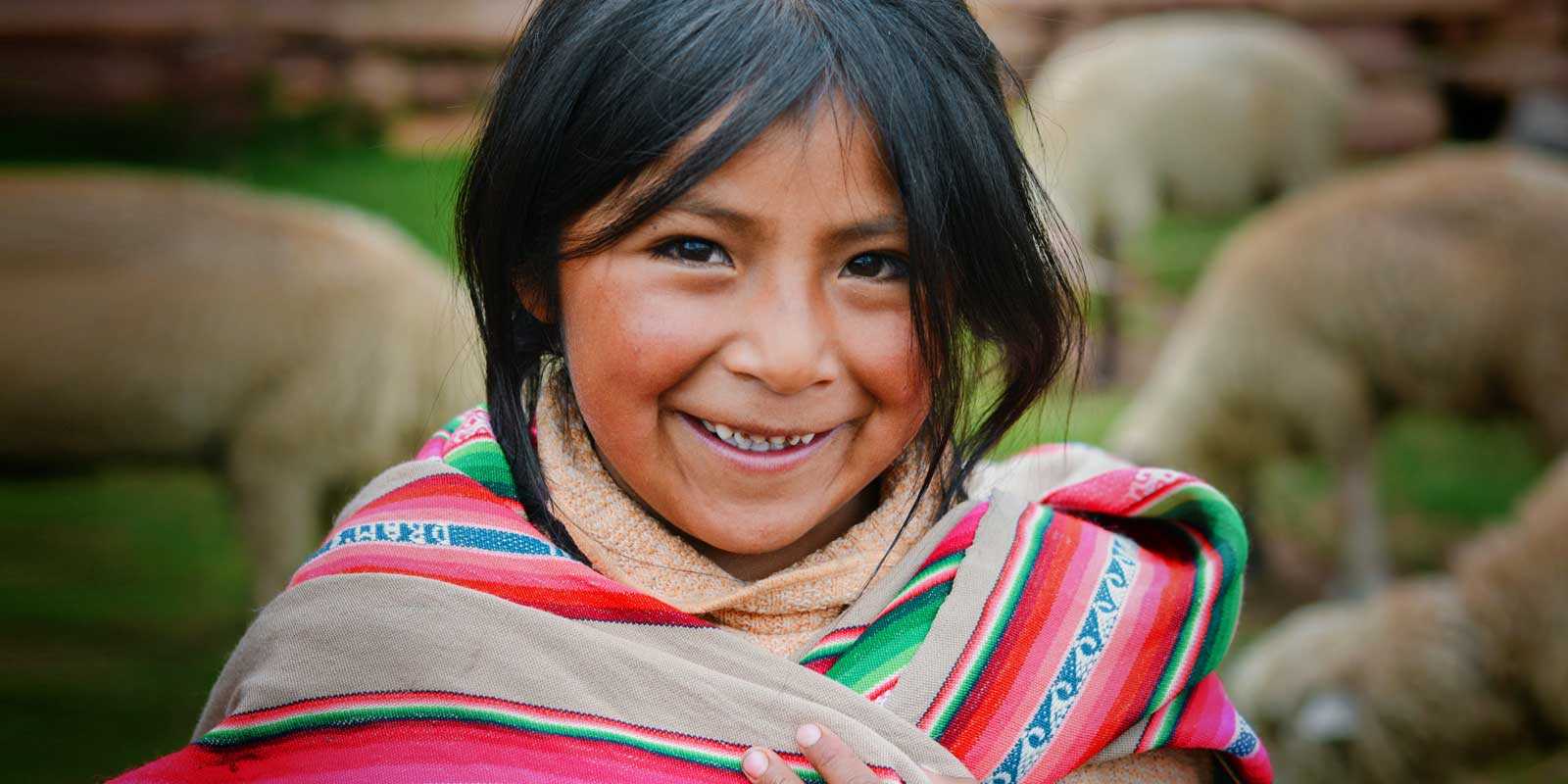Climate & Black Women.
The climate crisis lays bare how racism and misogyny jointly marginalize Black women. While some people disproportionately bear the consequences of a changing climate, Black women are currently more at risk. For example, an African American family making $50,000 per year is more likely to live next to a toxic facility than a white American family making $15,000 per year, according to Dr. Robert Bullard. Facilities that are emitting pollutants that drive climate change are also emitting toxins that are endocrine disruptors, which have been tied to birth challenges, particularly for Black women; residing near higher-pollution areas raises stillbirth risk by 42%. Due to lack of representation in policymaking, Black women’s needs, priorities, and knowledge are often ignored when it comes to climate policy, undermining both their agency and the unrealized potential for successful climate action.


